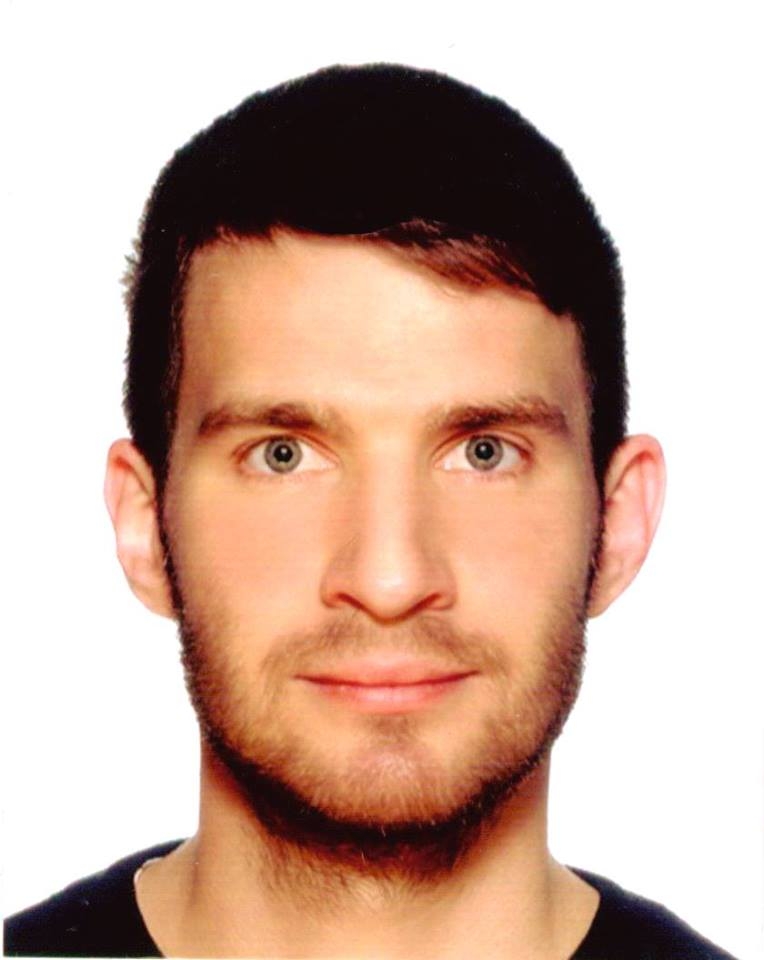
Mati Kirschenbaum
In this week’s parasha Pinchas we read about the second census of the whole Israelite community conducted among the Israelites wandering across the wilderness. This census describes the division of the tribes of the people of Israel into clans, whose leaders are mentioned by name. Each tribe and clan is described in an identical way, and subsequent verses differ from one another only with regards to the names of the leaders and the numbers defining the size of each clan. However, two of these descriptions do not fit this pattern. In the first of them we read:
[perfectpullquote align=”full” bordertop=”false” cite=”” link=”” color=”” class=”” size=””] “The sons of Eliab were Nemuel, and Dathan and Abiram. These are the same Dathan and Abiram, chosen in the assembly, who agitated against Moses and Aaron as part of Korah’s band when they agitated against the [Eternal]. Whereupon the earth opened its mouth and swallowed them up with Korah – when that band died, when the fire consumed the two hundred and fifty men – and they became an example. The sons of Korah, however, did not die” (Numbers 26:9-11.) [/perfectpullquote]
In the same chapter there is also another paragraph which differs from the others:
[perfectpullquote align=”full” bordertop=”false” cite=”” link=”” color=”” class=”” size=””]“Now Zelophehad, son of Hepher, had no sons, only daughters. The names of Zelophehad’s daughters were Mahlah, Noah, Hoglah, Milcah, and Tirzah (Numbers 26:33.)[/perfectpullquote]
The first of the paragraphs quoted above enumerates the leaders of Reuben’s tribe. Its final verse notes parenthetically that Korach’s sons did not die along with their rebellious father. On the contrary, they faithfully served the Eternal, and our tradition believes they were the authors of eleven Psalms. In one of them, Psalm 46, we find a passage which describes their choice of their own life path after a punishment befell their father and he was swallowed up by the earth.
[perfectpullquote align=”full” bordertop=”false” cite=”” link=”” color=”” class=”” size=””]“God is our refuge and stronghold, a help in trouble, very near. Therefore we are not afraid though the earth reels, though mountains topple into the sea” (Psalms 46:2-3.)[/perfectpullquote]
The Korahite clan serves as an example of a family in which the sons decide to act differently than their father, for which they are rewarded with social privileges (the service in the Tabernacle of the Congregation and then in the Temple) and with a place in the history of the people of Israel. Whereas Zelophehad’s daughters, the main protagonists of the second paragraph, question not only their family norms, but also the social status quo. After their father’s death they go to Moses to seek the right to inherit his possessions. They put forward the following argument:
[perfectpullquote align=”full” bordertop=”false” cite=”” link=”” color=”” class=”” size=””] “Our father died in the wilderness. He was not one of the faction, Korah’s faction, which banded together against the [Eternal], but died for his own sin; and he has left no sons. Let not our father’s name be lost to his clan just because he had no son! Give us a holding among our father’s [brothers]!”. Moses brought their case before the [Eternal], and the [Eternal] said to Moses: “The plea of Zelophehad’s daughters is just: you should give them a hereditary holding among their father’s [brothers]; transfer their father’s share to them. “Further, speak to the Israelite people as follows: ‘If a man dies without leaving a son, you shall transfer his property to his daughter’” (Numbers 27, 3-8.) [/perfectpullquote]
Zelophehad’s daughters questioned the social norms followed in their times, according to which women were excluded from inheriting. Their actions most certainly went against the wishes of their uncles, who according to the patriarchal laws followed in those times were supposed to inherit Zelophehad’s possessions. By expressing their opposition to such laws regarding the division of family possessions Mahlah, Noah, Hoglah, Milcah, and Tirzah were able to change not only their own situation, but also the binding social norms. It happened only because they were not afraid to oppose their father’s brothers and to approach Moses in order to seek justice.
The history of Korach’s sons teaches us that questioning the inappropriate choices of our parents can help us choose the right life path for ourselves, whereas the fate of Zelophehad’s daughters shows us that a rebellion of the youngest generation against unjust family relations can contribute to social changes which will be accepted by the Eternal Himself. If read together, these stories seem to suggest that the new generation can make a decision regarding which elements of the family tradition should be kept and which should be modified.
This Shabbat I encourage you to follow the example of the Korahites and of Zelophehad’s daughters and to reflect on your own family traditions. I hope that they are helping you lead a fulfilling life in which you feel the presence of the Eternal. However, if some of your family’s customs seem more like an obstacle in reaching this goal, you can always choose a different path, you can “rebel”. Our parasha teaches us that such revolutions within the family can mark the beginning of something good. That is why on this Shabbat I wish you the courage to “rebel” against those of your family traditions which restrict us in our strivings to become better people. Shabbat Shalom!
Translated from Polish by: Marzena Szymańska-Błotnicka


















Leave a Reply